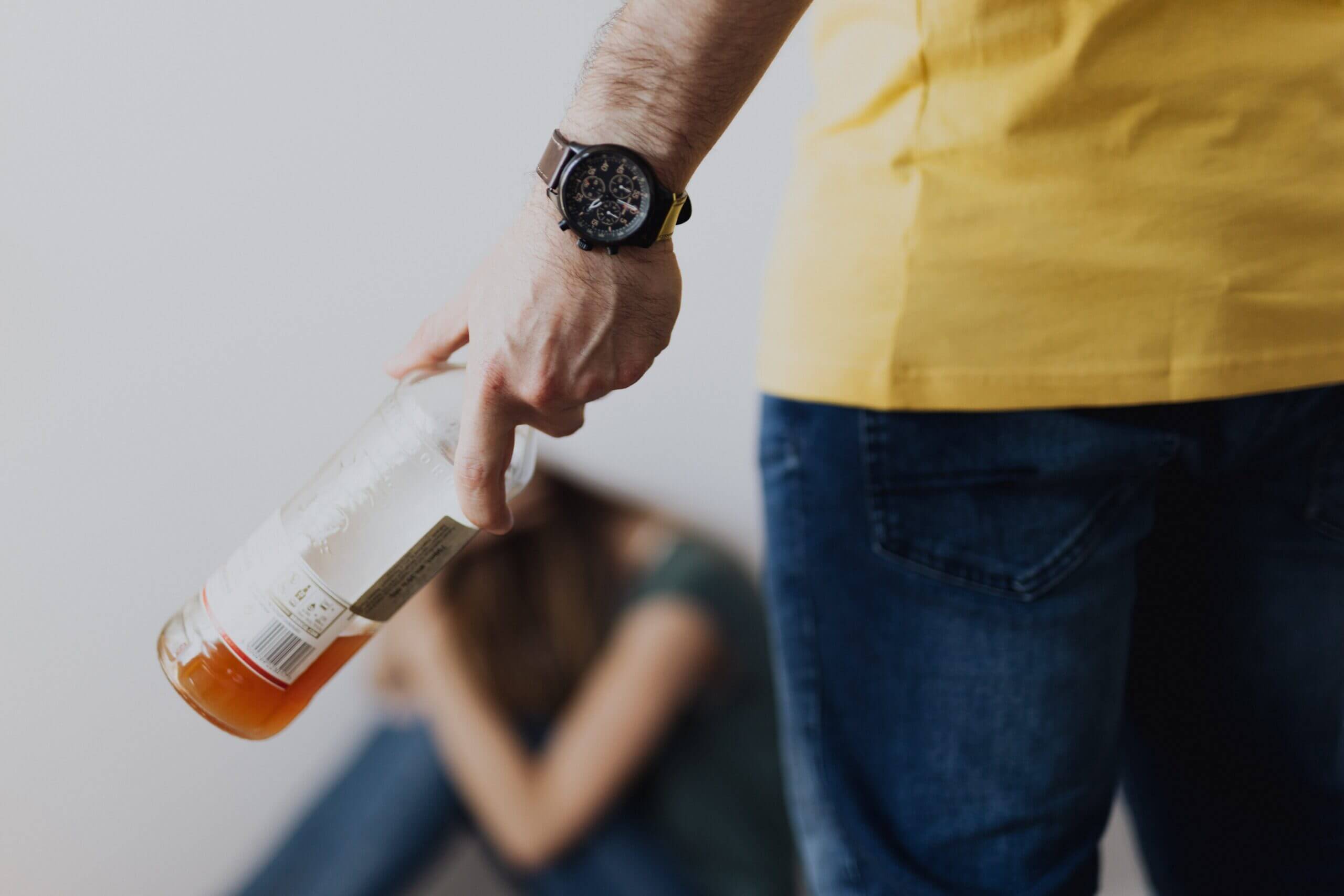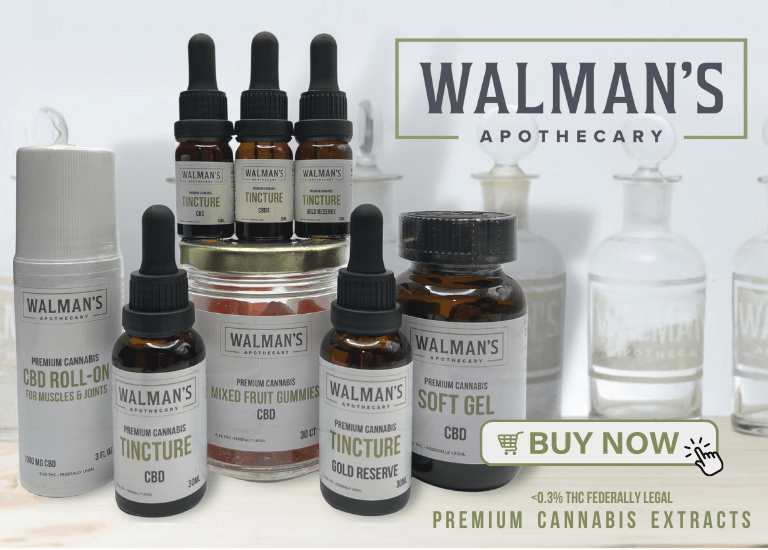True or false: More Americans die each year from traffic accidents than drug overdoses?
Seems like an easy “true,” right?
Shockingly, the answer is false.
Prior to the coronavirus pandemic, America was already suffering an epidemic of drug overdose deaths. In 2017, over 70,000 Americans died from drug overdoses. That’s about twice as many people who died in traffic accidents, and enough people to fill M & T Bank Stadium, home of the Baltimore Ravens.
Ponder that statistic again. Imagine being in a football stadium and every single seat, all 70,000 of them, represent someone who has died this year from a drug overdose. That is just mind boggling.
And pardon another hometown stadium analogy but now imagine that you’re at a Baltimore Orioles home game at Camden Yards, enjoying an O’s win (in better times) in front of 45,000 people. Now imagine all 45,000 people keeling over. This represents the 60% of total drug addiction deaths attributed to opiate abuse. Drug overdose in general, in just a short amount of time, has become the leading cause of death in adults under the age of 50. Our country has witnessed a massive increase in drug overdose deaths in the past decade and a half; a more than three times increase.
And it’s not just the lost lives that families mourn. The staggering costs each year runs in the tens of billions when factoring healthcare, law enforcement and treatment facilities (actually, we wish there were more of the latter and less focus on criminal prosecution). The U.S. Centers for Disease Control and Prevention estimates that drug addiction costs the economy $75 billion every year. Or to put it another way, the U.S. spends about the same on the miscellaneous costs of drug addiction as the entire GDP of Guatemala, the 68th wealthiest country in the world.
Can CBD Help Reduce Drug Addiction?
A 2015 study published in Substance Abuse examined 14 studies (9 animal studies; 5 humans.)
The results from these preclinical studies suggest that yes, CBD may have therapeutic properties on opioid, cocaine, and psychostimulant addiction. A couple of studies from the meta-analysis even support CBD to ease marijuana and tobacco addiction.
Running a gold-standard research study (randomized, double-blind, placebo-controlled clinical trial; otherwise known as an RCT or randomized clinical trial) is very expensive. Pharmaceutical companies have no incentive to run an RCT on a natural substance that can’t be patented like CBD. (Actually, the federal government supposedly owns the patent on CBD.) That being said, the tests on CBD and addiction are very promising.
When it comes to overcoming drug addiction, the endocannabinoid system (ECS), is a double-edge sword. On one hand, it helps regulate homeostasis; when the body functions in a state of homeostasis, it is free of disease and working optimally. However, the ECS, as the Substance Abuse research says, has been shown to influence the acquisition and maintenance of drug-seeking behaviors, through its role in reward and brain plasticity.
How Does CBD Work For Drug Addiction?
CBD can ease addiction signalling in the brain by acting on the ECS as an agonist to CB1 receptors. One example of this in action is when somebody smokes marijuana and experiences anxiety, CBD can counteract the high effect of THC. CBD may also help prevent the need to get high by preventing the breakdown of the body’s internal bliss chemical, anandamide. In other words, the more that anandamide is broken down in the body (by various factors including chronic stress), the more anxiety one feels, which makes one more vulnerable to substance abuse.
In addition, CBD counteracts a specific serotonin receptor (5-HT1a). This agonist action is crucial for achieving balance in brain chemistry. This includes stress response regulation and controlling compulsive behaviors.
Moreover, CBD modulates opioid receptors. The researchers in the Substance Abuse study suggest that CBD is associated with many neural circuits involved in the acquisition of addiction and subsequent drug-seeking behaviors. This makes CBD, “An interesting pharmacological candidate to treat substance-use disorders.”
CBD & Opioid Addiction: A Viable Treatment?
In one study, researchers examined the effects of CBD on the reward mechanism of the brain and morphine. The researchers trained rats to inject morphine and CBD. The rats’ brains, including the 5-HT1A receptors were analyzed. The result was that CBD led to the decrease of morphine use by the rats. Therefore, it can be concluded that CBD dampened the reward-facilitating effect of the brain, yet did so, without negatively impacting motor function.
In another study on morphine addiction, it was found that when CBD was combined with THC, morphine abstinence was increased more than when users used THC alone.
And in another study on rats who were trained to inject opiates, CBD (one dose of 5 mg/kg or 5 mg/kg once daily for 3 days) inhibited heroin-seeking behavior for up to two weeks following the last administration without affecting motor function.
CBD For Pot Addiction
Again, it’s important to reiterate that more research is needed to corroborate the findings of the 14 research studies. This is certainly the case with one study referenced in the Substance Abuse meta-analysis, which reviewed an experimental trial on a 19-year-old female with cannabis dependence. After trying to quit, the young woman experienced withdrawal symptoms. She was then given CBD for 11 days (300 mg on day 1, 600 mg on days 2–10, and 300 mg on day 11). The results? The young woman experienced a rapid decrease in withdrawal symptoms. And by day 6, judging by a questionnaire, she was no longer experiencing any withdrawal symptoms.
Six months later, the female was using marijuana again, but she was doing so with much less frequency than before she started using CBD. (Once or twice a week versus daily.)
CBD For Tobacco Addiction
One study mentioned in the Substance Abuse research points to a randomized, double-blind, placebo-controlled study on 24 smokers who wished to stop smoking. Two groups received either a CBD inhaler (400 μg/inhalation) or a placebo inhaler.
They were told to use the inhaler whenever they felt the urge to smoke, to assess daily cigarette and inhaler use, and to monitor their craving once daily for one week. Cravings were measured at baseline and at the end of the week. A two-week follow-up was organized to assess cigarette use. The results showed a significant reduction in the number of cigarettes smoked (approximately 40% less!) in the CBD inhaler group during the week of treatment. Promisingly, the follow-up assessment showed a reduction trend.
CBD & Addiction: Final Thoughts
CBD has been shown to be a safe compound in research studies. Pharmaceutical companies are complicit in the opioid epidemic, as evidenced by state lawsuits against Purdue Pharma and Johnson & Johnson (the latter of which was forced to pay Oklahoma over half a billion dollars). Unfortunately has received far less media attention because of the coronavirus pandemic. However, we can expect that tens of thousands of lives will have ended prematurely in 2020 because of drug addiction, the majority of deaths resulting from opioids. Considering that CBD has shown promise for pain management, and pain is a major reason why many people get hooked on opioids in the first place, CBD should play a major role in the U.S. opiate drug addiction epidemic. It should also be used as part of a holistic therapy treatment in other addictions as well.
Sources:
Government Lawsuits Against Opioid Distributors & Manufacturers
Cannabidiol as an Intervention for Addictive Behaviors: A Systematic Review of the Evidence

